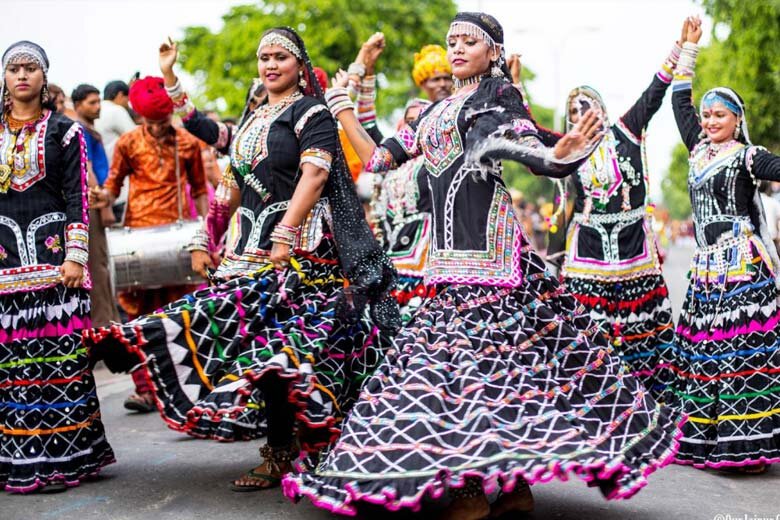Important Facts For Prelims (31st May 2019) | 31 May 2019
NGTS-4b
Astronomers have discovered a rogue exoplanet with its own atmosphere in the Neptunian Desert.
- NGTS-4b, nick-named ‘The Forbidden Planet’ is smaller than Neptune but three times the size of Earth.
- The exoplanet has a mass of 20 Earth masses, a radius 20 per cent smaller than Neptune, and temperature of 1000 degrees Celsius.
- It orbits around the star in only 1.3 days — the equivalent of Earth’s orbit around the Sun of one year.
- It is the first exoplanet of its kind to have been found in the Neptunian Desert.
- Neptunian Desert: is the region close to stars where no Neptune-sized planets are found.
- This area receives strong irradiation from the star. The planets do not retain their gaseous atmosphere as they evaporate leaving just a rocky core.
- It is believed that the planet may have moved into the Neptunian Desert recently, in the last one million years. It was very big and the atmosphere is still evaporating.
- This planet must be tough, it is right in the zone where we expected Neptune-sized planets could not survive.
- Exoplanet Planets: orbit around other stars in outer space. Exoplanets are very hard to see directly with telescopes. They are hidden by the bright glare of the stars they orbit.
Kalbelia Dance
- Kalbelia dances are an expression of the Kalbelia community’s traditional way of life.

- Location: The largest number of the population of Kalbelias is in Pali district, then Ajmer, Chittorgarh and Udaipur district.
- Nomadic life: Once professional snake handlers, Kalbelia today evoke their former occupation in music and dance that is evolving in new and creative ways.
- They live a nomadic life and belong to the scheduled tribes.
- Instruments: Women in flowing black skirts dance and swirl, replicating the movements of a serpent, while men accompany them on the “khanjari” instrument and the "poongi", a woodwind instrument traditionally played to capture snakes.
- The dancers wear traditional tattoo designs, jewellery and garments richly embroidered with small mirrors and silver thread.
- Kalbelia songs disseminate mythological knowledge through stories, while special traditional dances are performed during Holi, the festival of colours.
- The songs also demonstrate the poetic acumen of the Kalbelia, who are reputed to compose lyrics spontaneously and improvise songs during performances.
- Transmitted from generation to generation, the songs and dances form part of an oral tradition for which no texts or training manuals exist.
- Song and dance are a matter of pride for the Kalbelia community and a marker of their identity at a time when their traditional travelling lifestyle and role in rural society are diminishing.
- They demonstrate their community’s attempt to revitalize its cultural heritage and adapt it to changing socioeconomic conditions.
Wellbeing Budget
- New Zealand became the first country to unveil its "wellbeing" budget.
- Factors, such as life expectancy, education levels, air quality and "a sense of belonging" were included in the budget.
- There will be increased spending on mental health, indigenous welfare and child poverty in a budget.
- Many other nations have adopted similar concepts but the New Zealand attempt is being touted as the first time it has been at the core of a government's spending decisions.
- The idea of wellbeing budget is 2nd such innovative step after, the Himalayan kingdom of Bhutan first floated the idea of prioritising happiness over growth in the early 1970s and introduced a Gross National Happiness Index in 2008.
